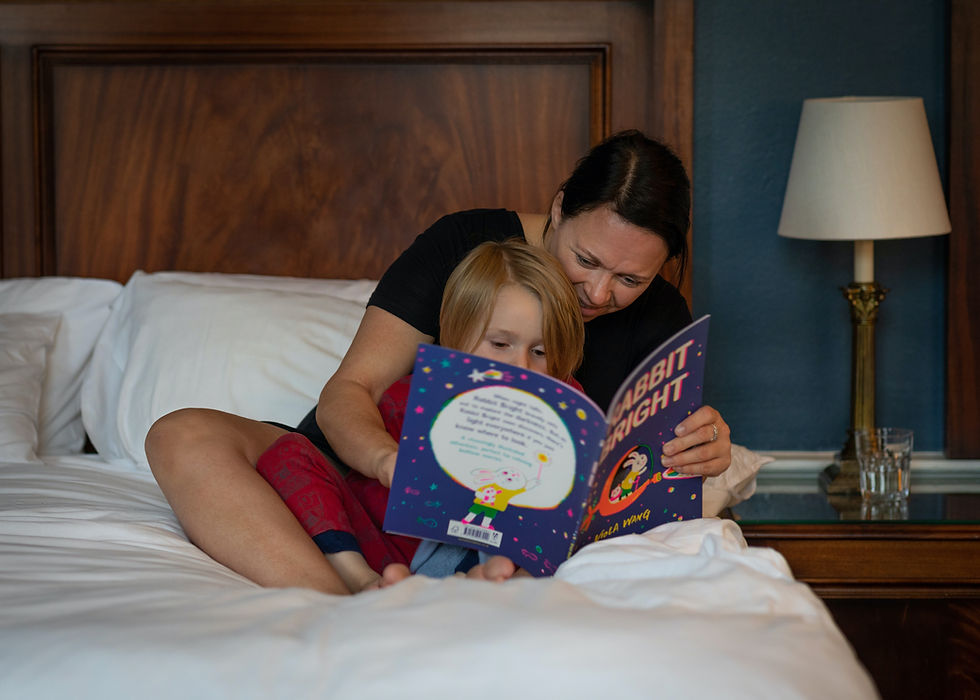The Loss of Interaction During Learning
- AyurGyan Nyas

- Nov 9, 2020
- 2 min read
Written by: Reha Malik
One of the most significant shifts that the pandemic has brought upon us is the change in the modalities of learning. It has allowed us to take stock of some aspects of learning that were hitherto unattended to, or taken for granted. For instance, one of the significant issues that has arisen over the last few months is the importance of school as a site for building friendships and other significant relationships. Friendships are important for the social and emotional growth of the child. They allow children to pick up aspects like teamwork, trust and sensitivity. They are also a site which is relatively ungoverned by teachers. They allow students to set their own rules and interact with people of their own choice. This usage of agency is something that has been critically affected. Consequently, children feel lonely. For instance, N, a student in the seventh grade from Pune told us that 'she didn’t get the chance to talk or do something special for her best friend on her birthday, and it made her extremely sad.'

This ability to interact with peers presents a pedagogical challenge to the virtual medium. The classes are geared for allowing one speaker to speak at a particular time. While such a setting is conducive for letting the teachers discuss syllabi related topics, they tend to dent the spontaneous conversations that take place while teaching goes on. N tells us that 'she wishes her school allowed or made provisions for students to be able to interact with their classmates. She feels disconnected from her teachers and doesn’t even know who half her batch mates are. All of this, combined with the non-interactive way of in class teaching makes it very hard for her to enjoy online learning or be motivated enough to do well academically.'
C, studying in 8th class in Chandigarh also reports similar challenges. C feels that 'often when students cross talk or get into tiffs, the teacher, instead of mediating, mutes all participants.'

Teachers have also adapted to this pedagogical change in novel ways. Not being able to see their pupils as they teach also causes significant anxiety to them. This cuts them off from the spontaneous changes they may have made cuing from the pupil’s body language. However, there are tokens of gratitude that learners have for their educators as well. B, studying in 6th class in Ghaziabad told us that ‘the teachers conduct regular revision classes. They are great with clearing doubts as well. Initially, before starting official classes, the teachers also made explanatory YouTube videos for students.’
As educators and parents, it is important that the problems and challenges are conceptualised from a child centric perspective. It would help us gauge how our students feel during these changes and address their emotions more directly.




Comments